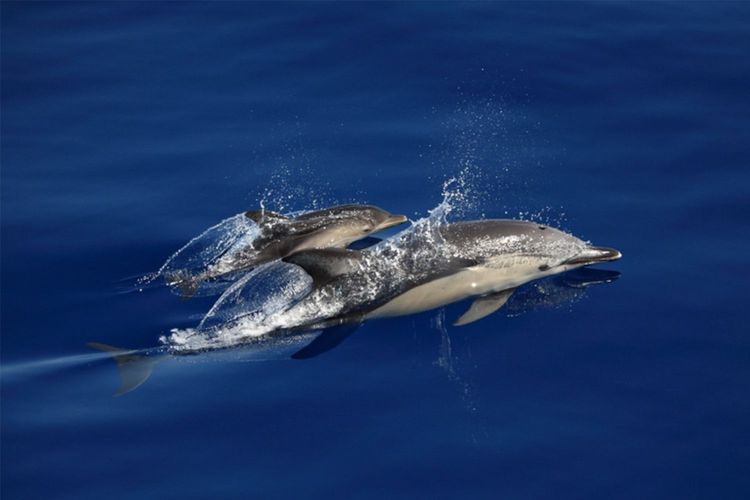Since 2019, One Ocean Foundation is dedicated the protection of the Canyon of Caprera, home to the largest submarine canyon system in northeastern Sardinia, in the central Tyrrhenian Sea.
The initiative aims to gather scientific evidence to promote effective conservation measures, such as the designation of a Fisheries Restricted Area (FRA) and a Marine Protected Area (MPA).
To achieve this goal, the Foundation collaborates with research institutions, universities and local associations to collect critical data on the ecology of the area and the distribution of cetaceans, key indicators of marine ecosystem health.
Why it matters
- The Canyon of Caprera is a biodiversity hotspot and a strategic crossroads in the Tyrrhenian Sea.
- Despite being adjacent to protected areas, the Canyon currently has no official protection, leaving its biodiversity at risk.
- The area is increasingly threatened by human activities, such as maritime traffic and fishing.
Goals
The main goal of this project is took build solid scientific knowledge to support the protection of the Canyon biodiversity, with the ambition of achieving its recognition as an Important Marine Mammal Area (IMMA) and a Fisheries Restricted Area (FRA), paving the way towards the designation of a Marine Protected Area (MPA).
Thanks to years of dedicated research and advocacy, the Canyon of Caprera has been officially nominated as a Hope Spot®, a recognition granted by oceanographer Sylvia Earle’s Mission Blue initiative. Today, the area joins the global network of more than 140 Hope Spots® and stands as the second one in Italian waters, following the Aeolian Islands.
Research activities
Visual & ROV Surveys
Photo-identification at surface to track the presence, distribution, and habitat use of marine mammals, and underwater surveys with ROVs to study vulnerable deep-sea ecosystems, assess benthic communities, and detect potential threats.
Acustic Monitorig
Investigating the spatiotemporal distribution of deep-diving cetaceans and other key species to better understand ecosystem dynamics and habitat use.
Molecular Analyses
Assessment of biodiversity in the canyon through the collection and analysis of environmental DNA (eDNA), covering both species and habitat composition.
Eco- toxicological Assessment
Evaluation of pollutants and trace metals in marine organisms to assess contamination levels and potential impacts on canyon’s biodiversity.
Results
240
field expeditions
11.7K
individuals recorded
40
eDNA samples collected
40
zooplankton samples collected
16
pollutants classes analyzed
1.1K
hours of acoustic recordings
7
ROV dives
ROV dives conducted between 200m and >1,000m depth allowed us to observe 16 deep-sea benthic species, survey 2.6 km of seabed linearly, and complete 11 hours and 40 minutes of useful deep-sea video footage.
Marine species spotted at the Canyon of Caprera (@LucaBittau, SEAME)
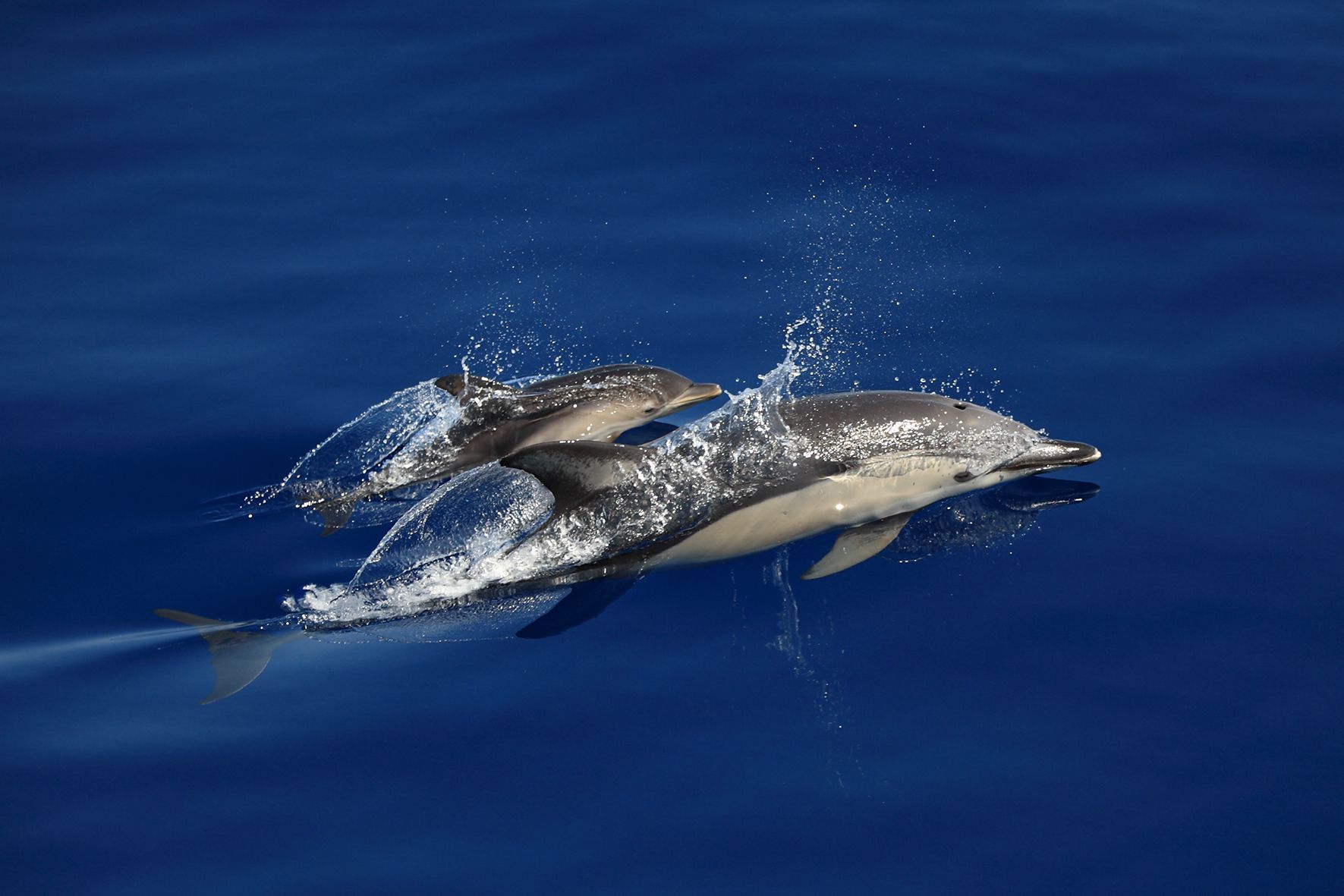
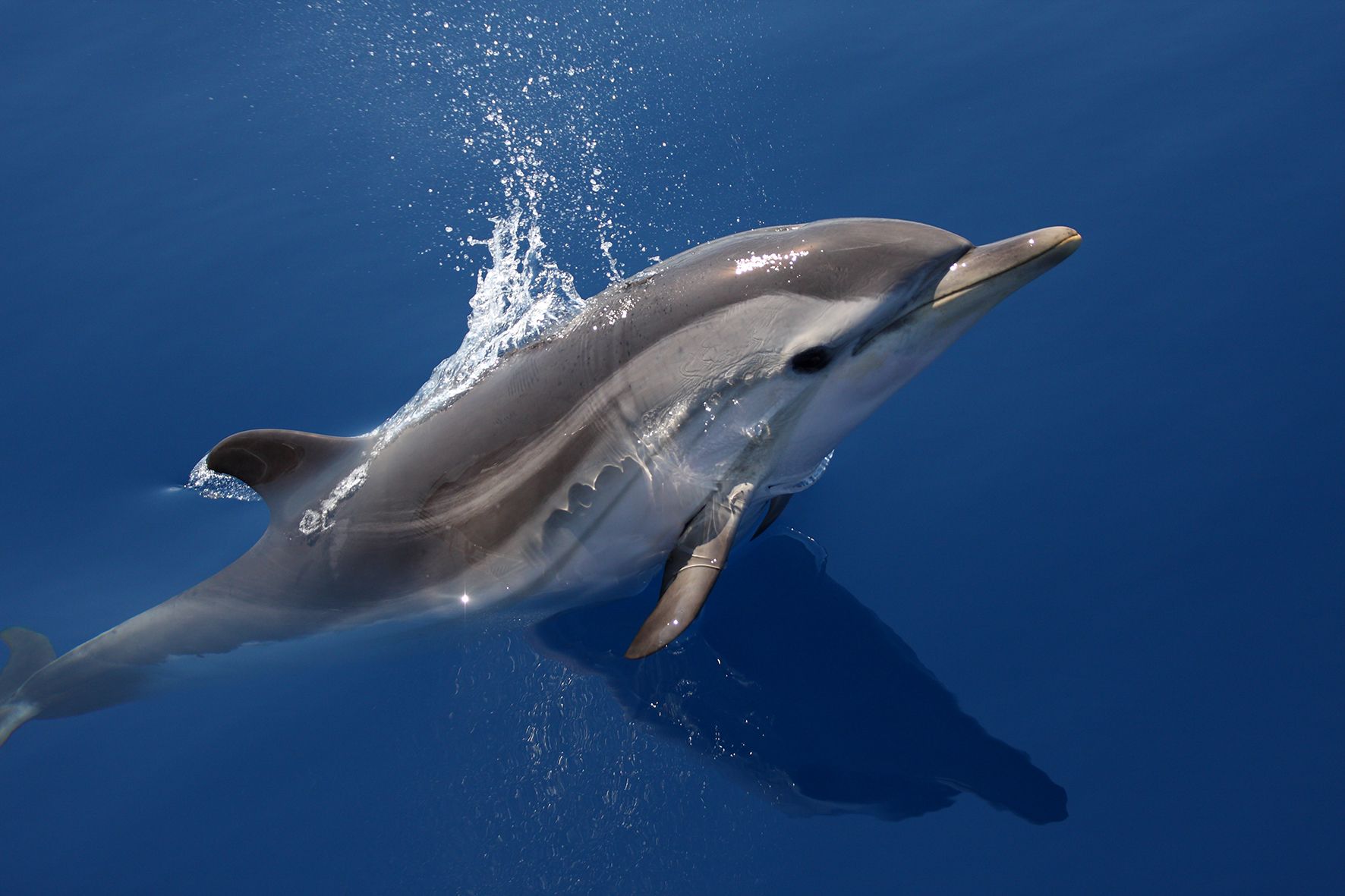
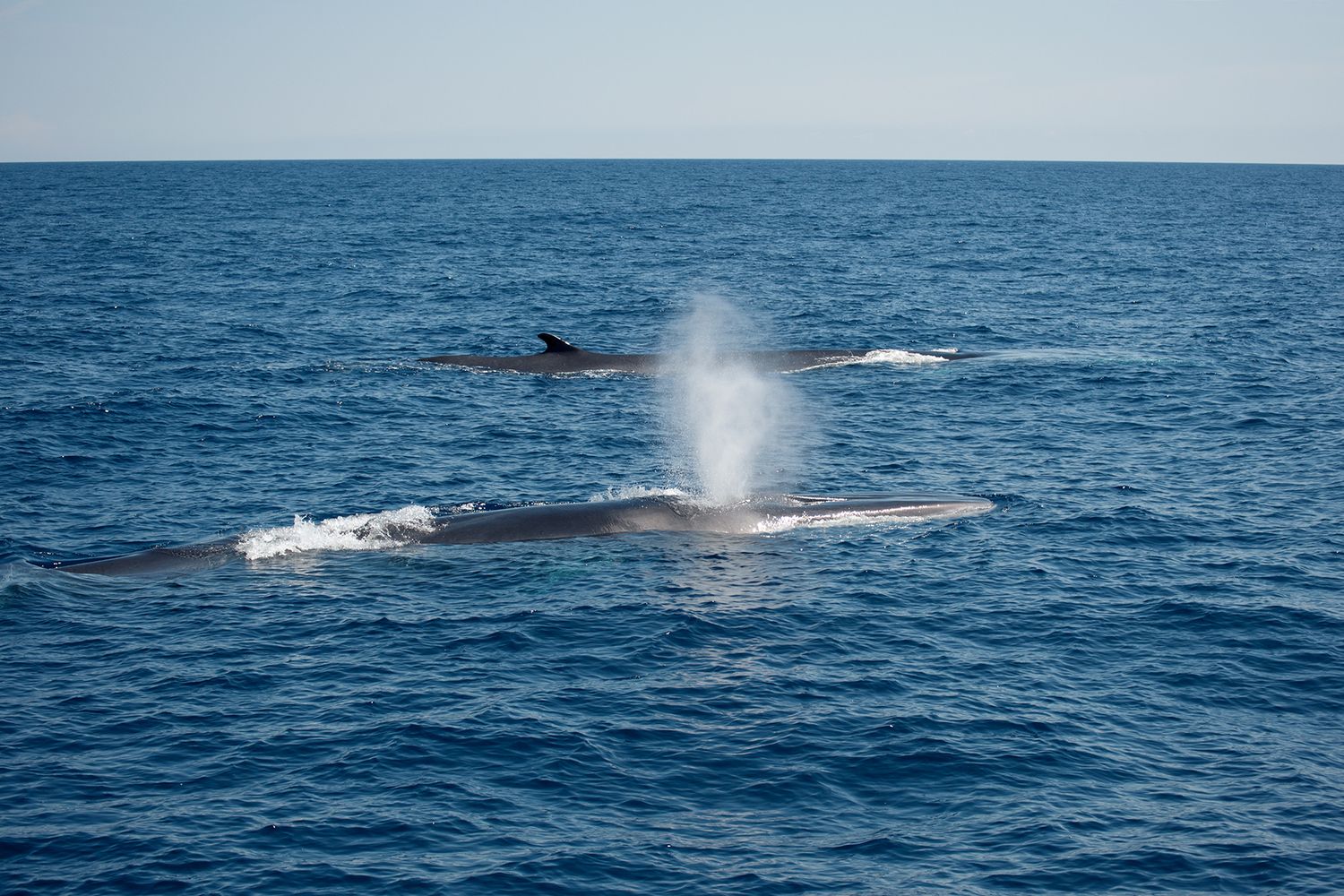
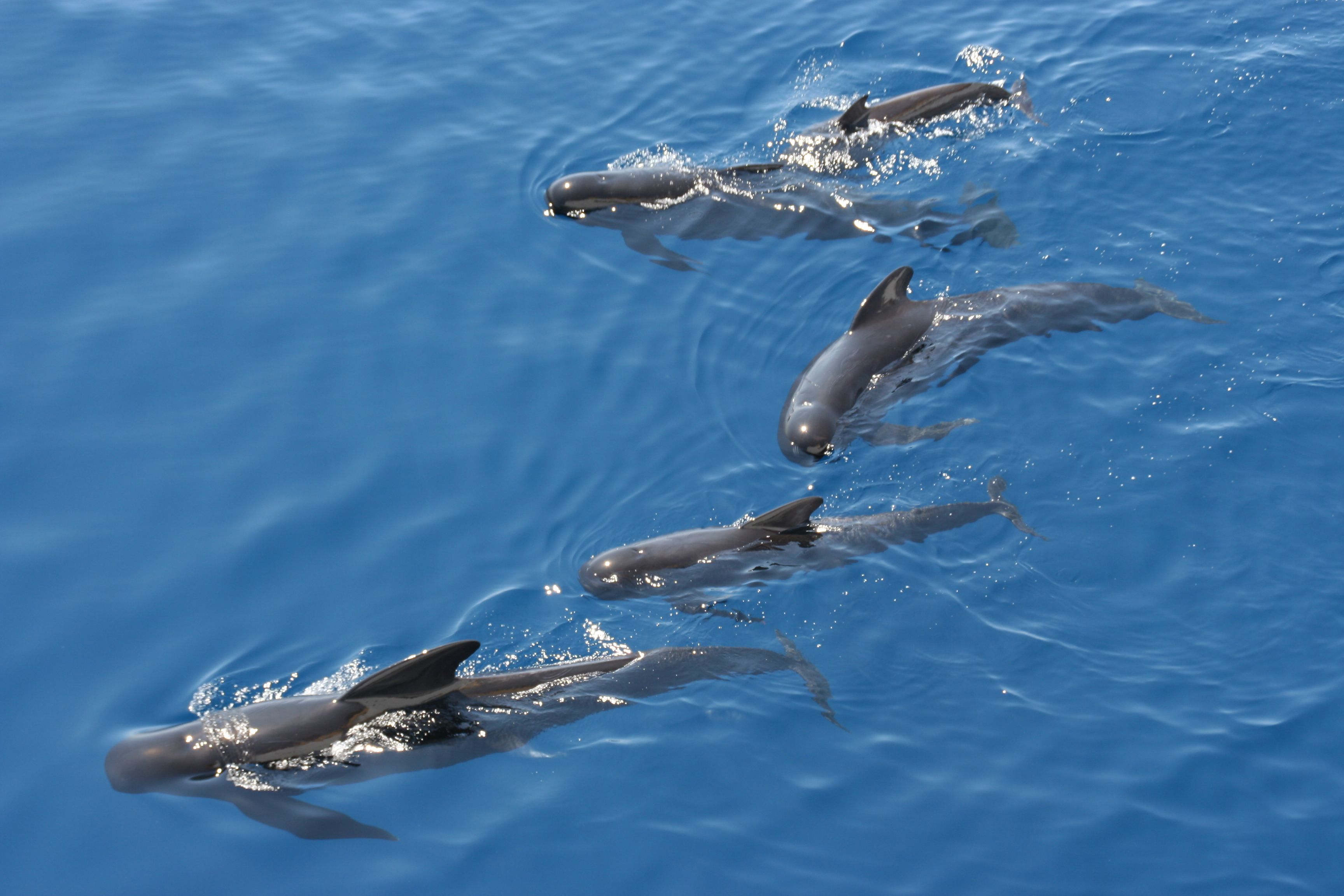
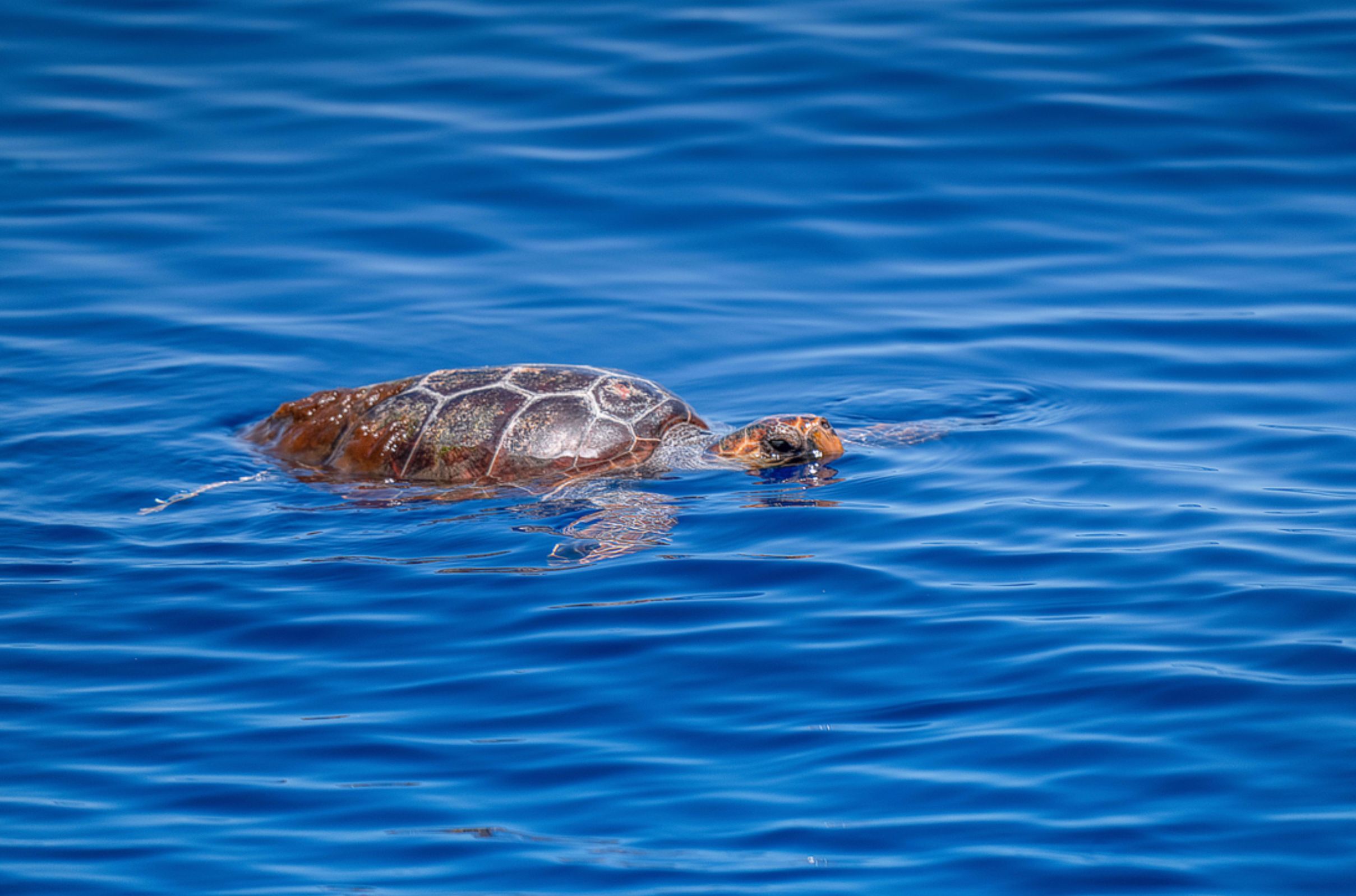
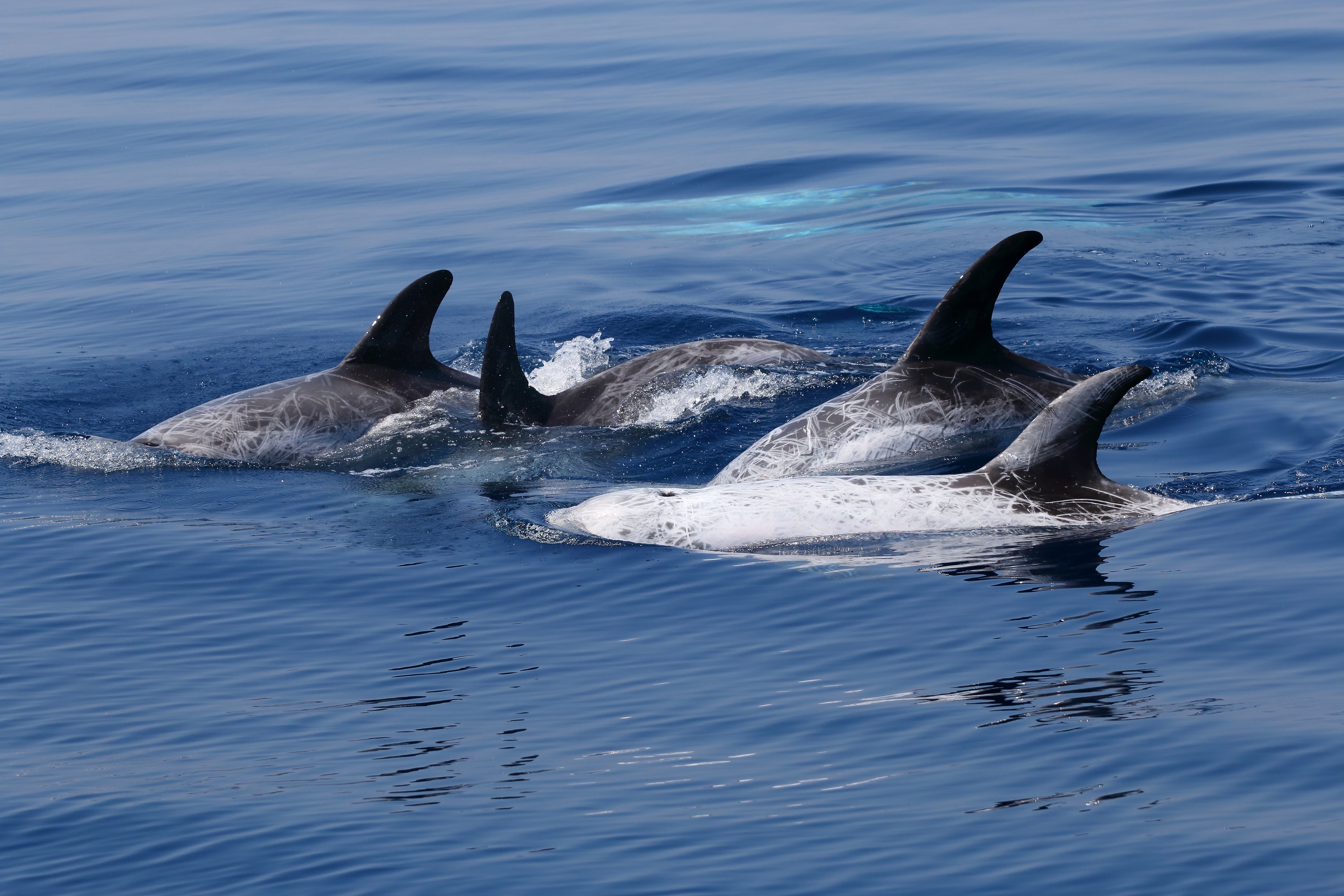
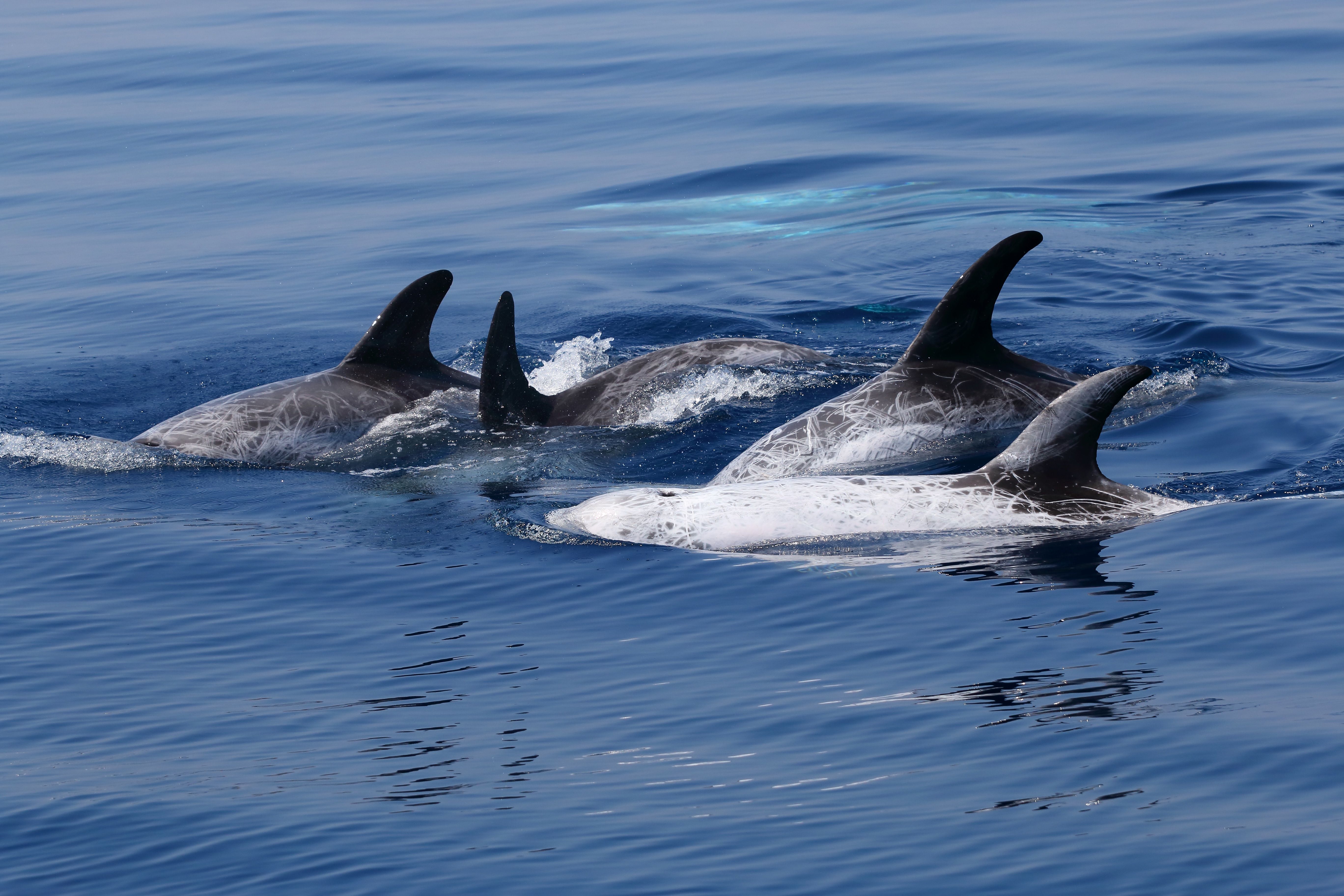
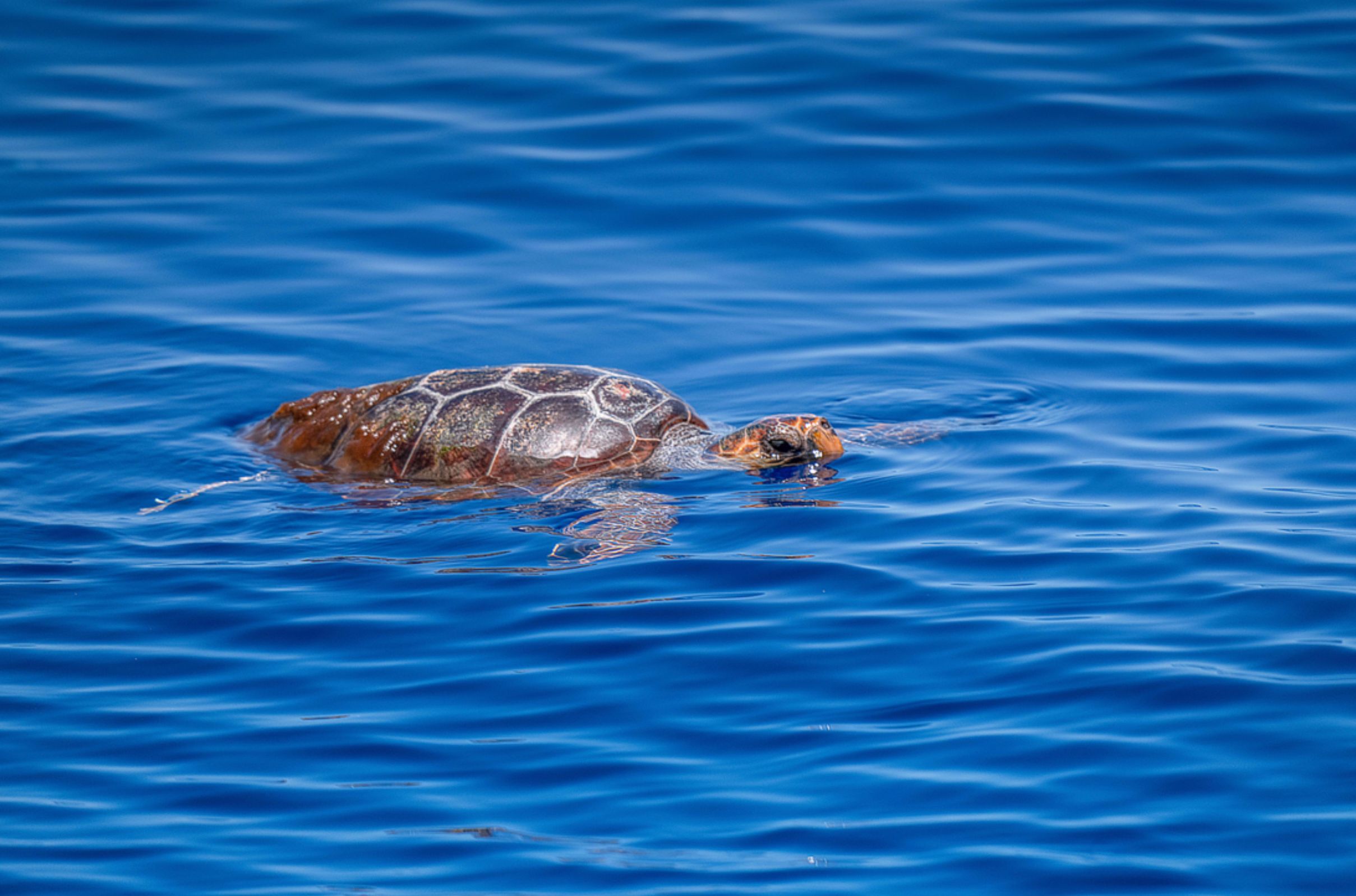
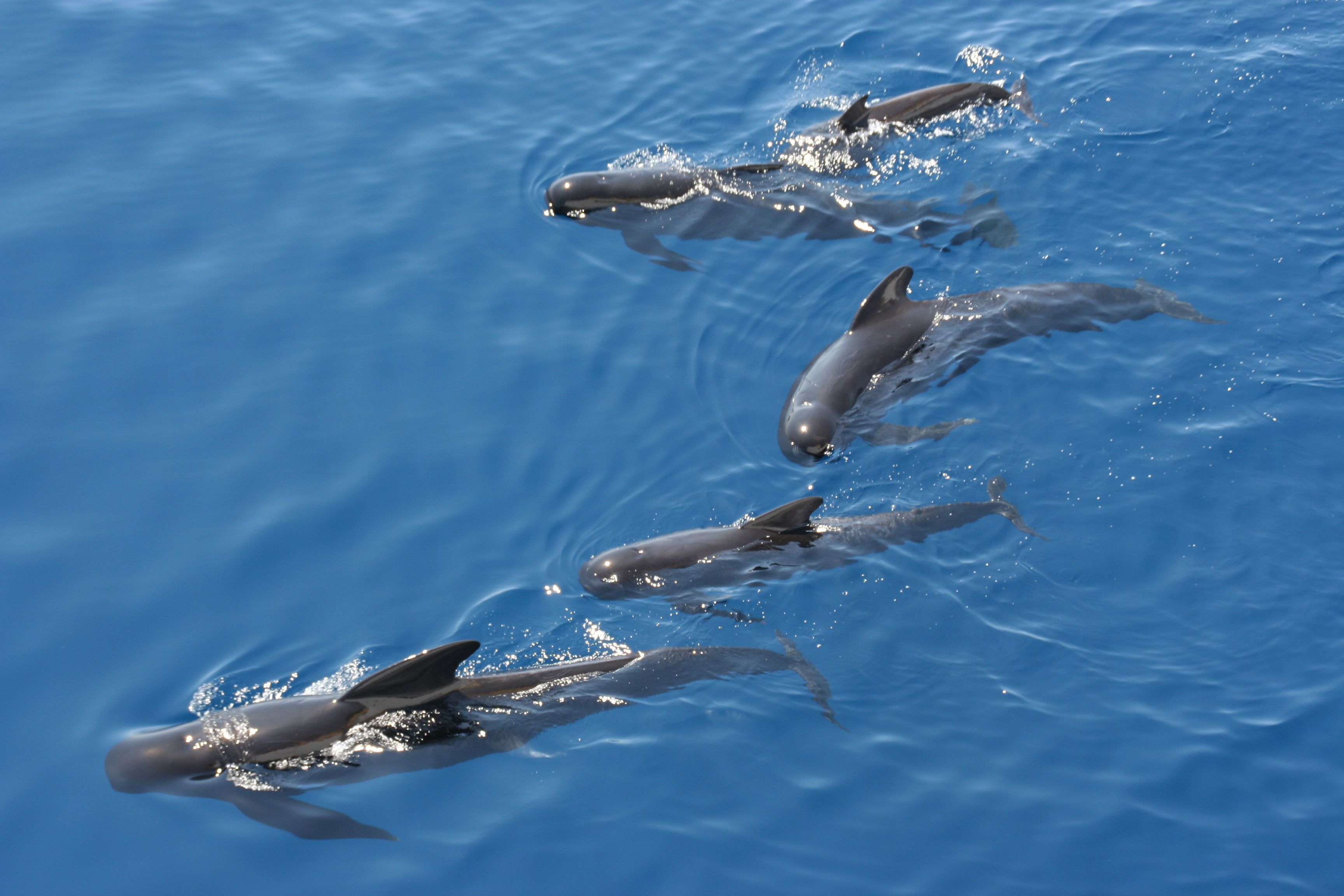
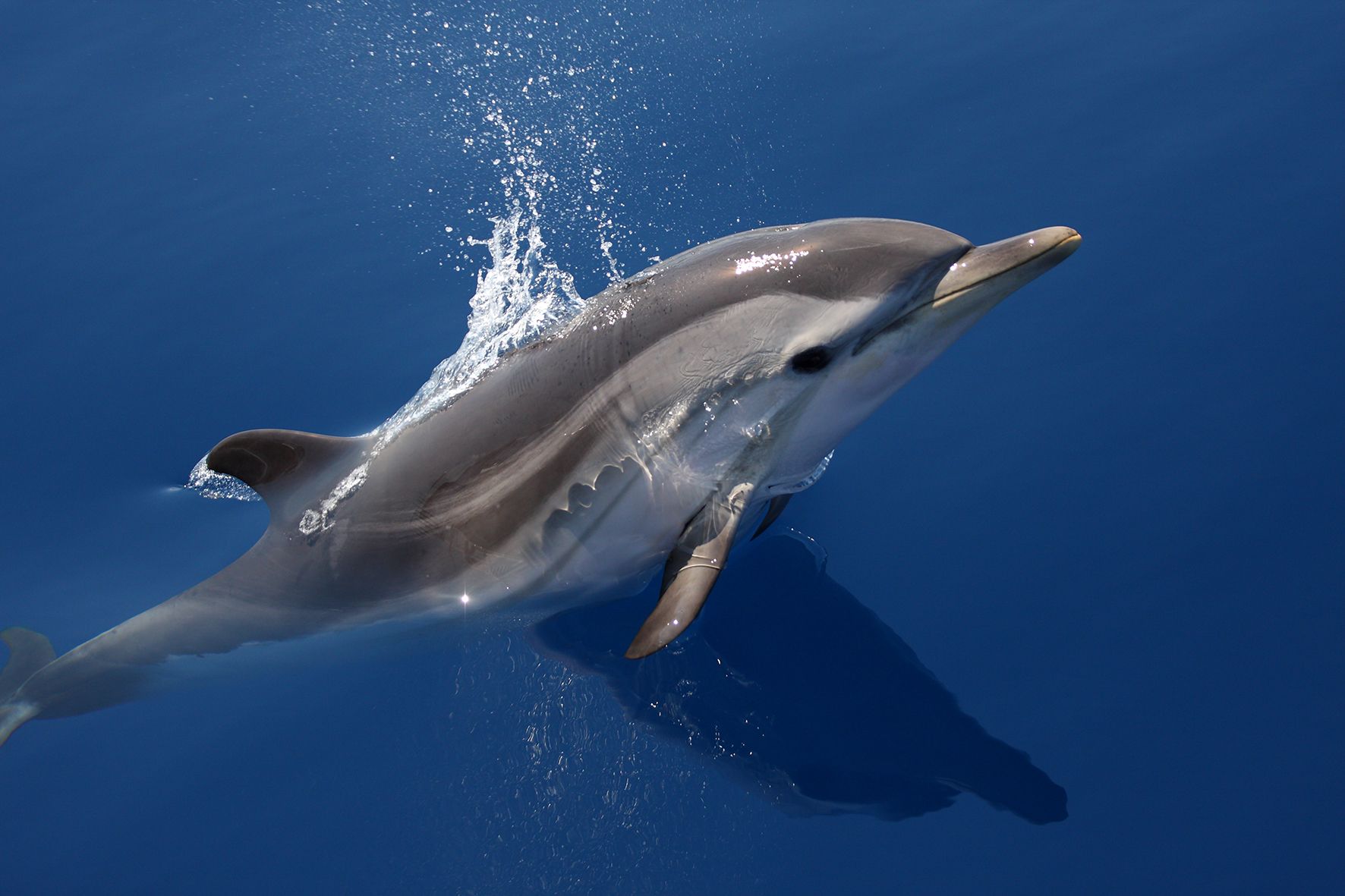
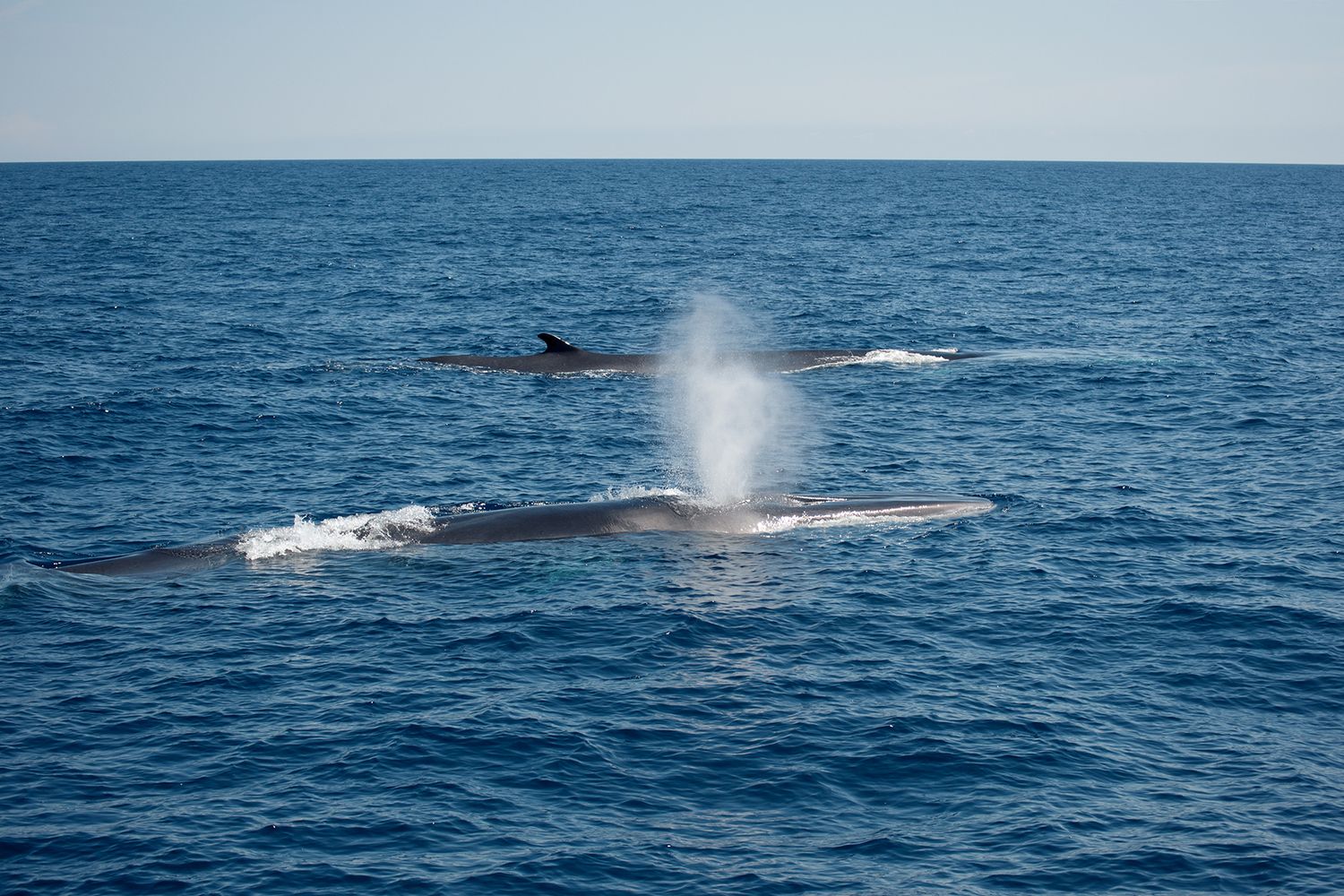
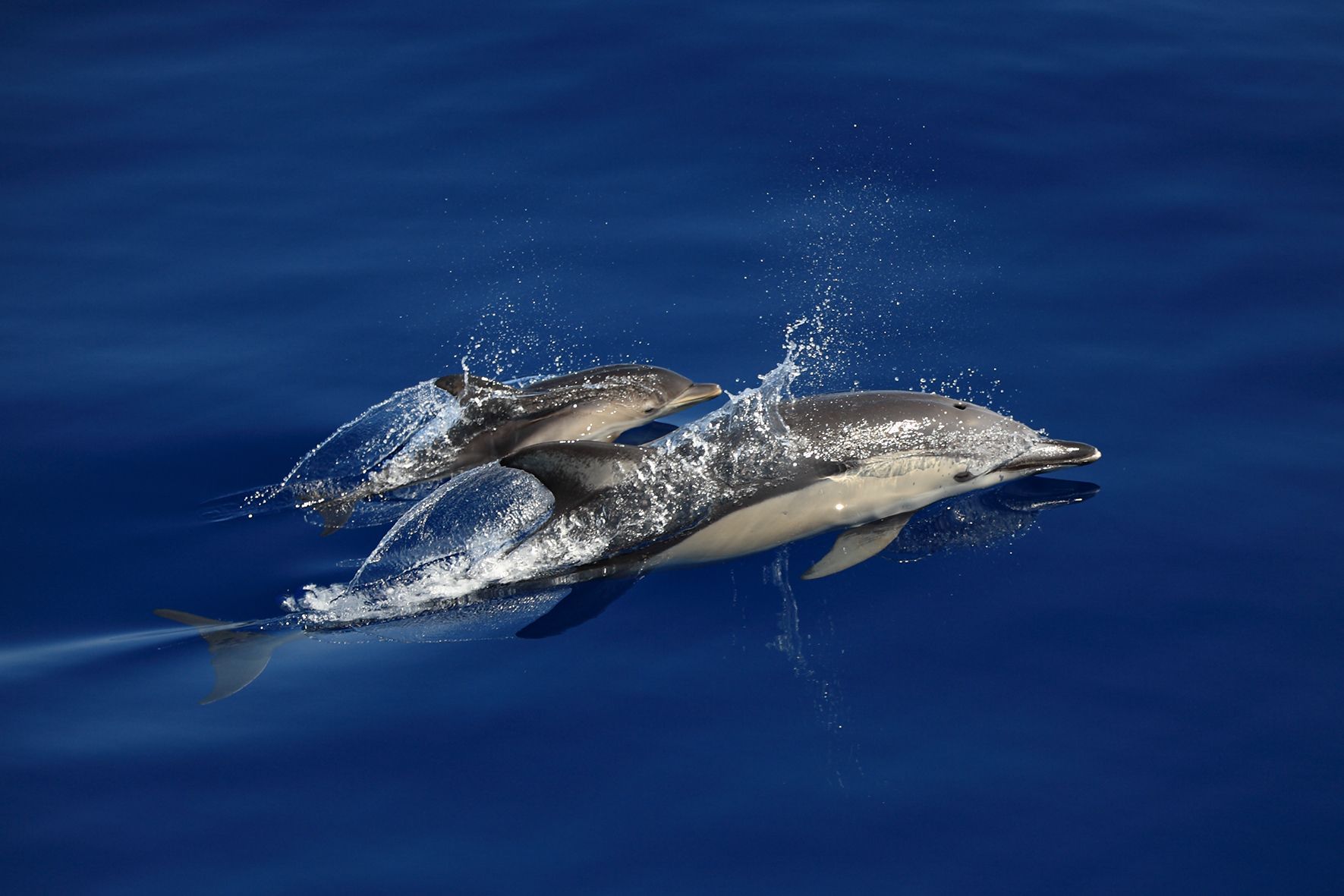












Lead Partner


Academic Collaborations
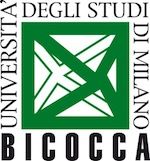


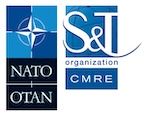


Technical Partners
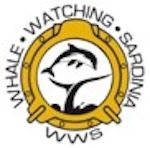


Related news
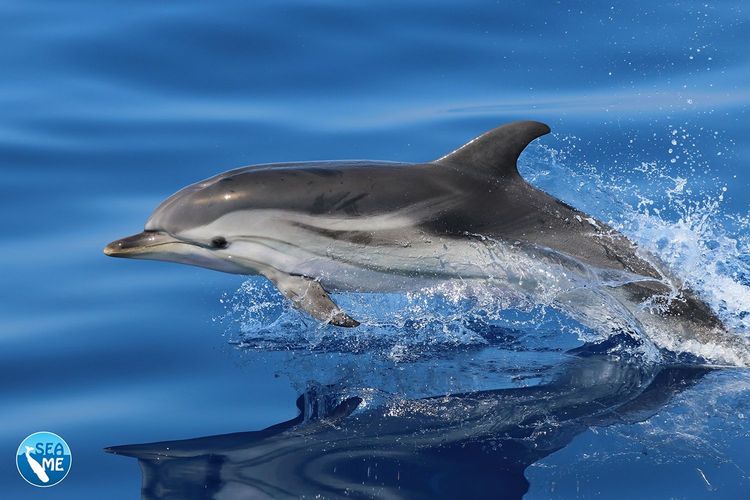
A biodiversity hotspot for cetaceans in the Mediterranean Sea
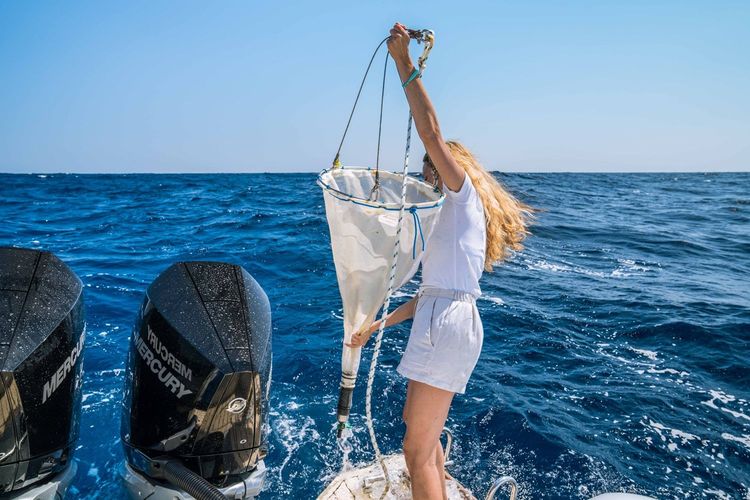
Zooplankton, sentinel of marine pollutants: risks for basking sharks, fin whales, and devil rays
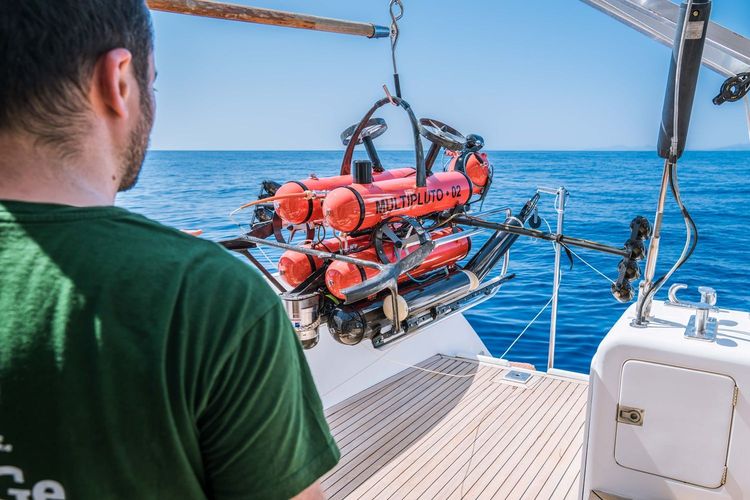
New discoveries in the Caprera Canyon thanks to ROVs and integrated scientific research
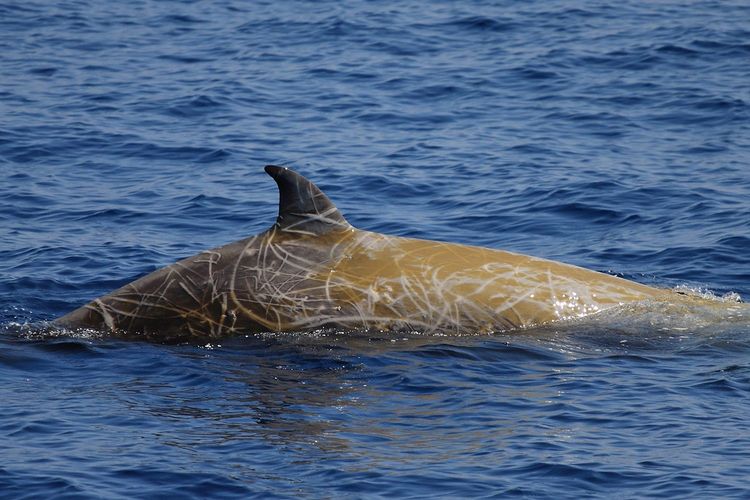
Caprera Canyon: a valuable hotspot for the Cuvier's beaked whales
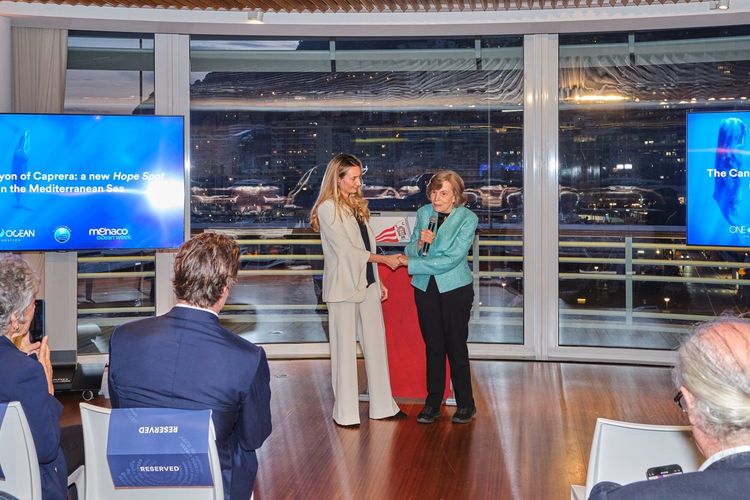
The Canyon of Caprera becomes a Hope Spot thanks to One Ocean Foundation
